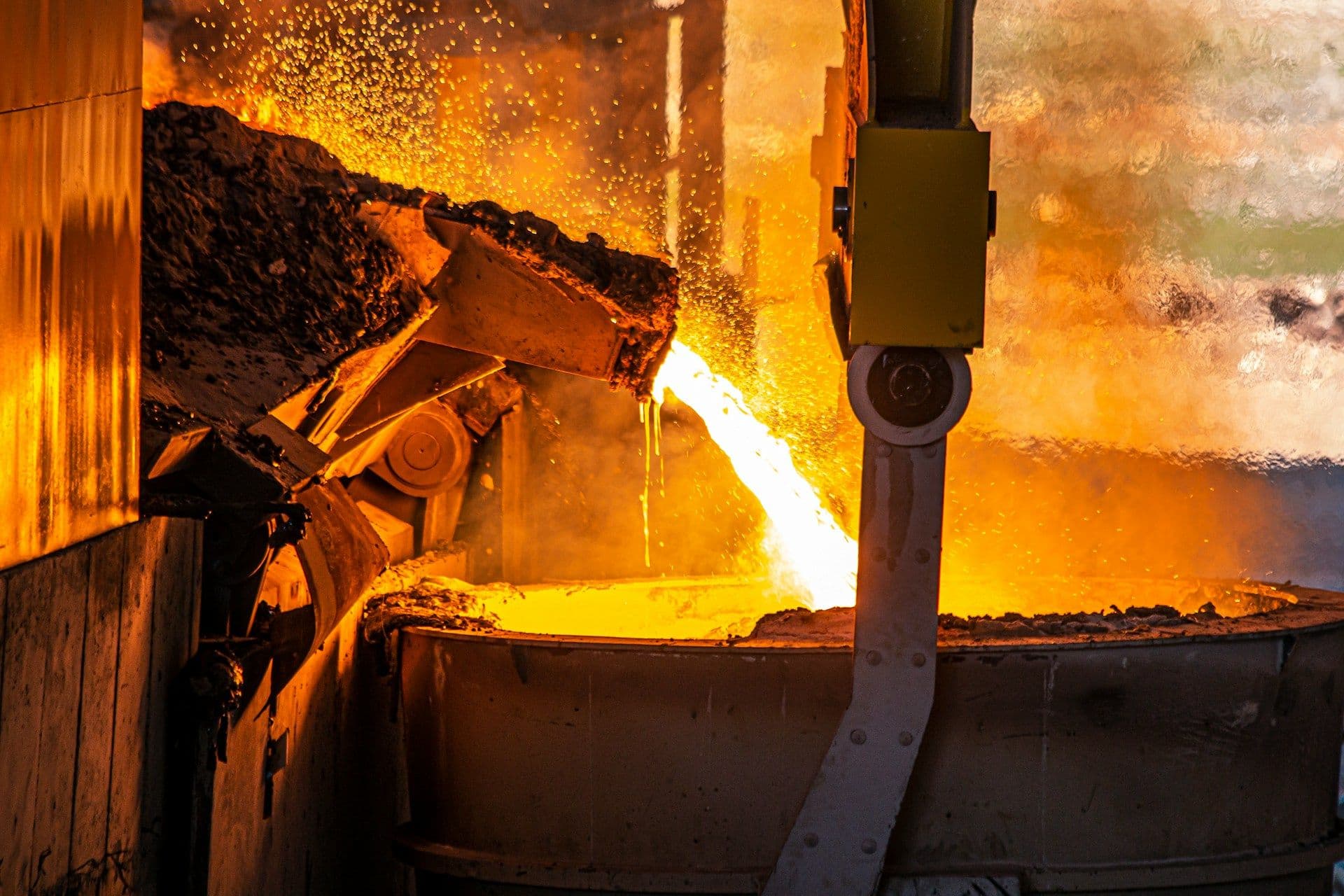ArcelorMittal: Artificial intelligence hardens the steel of the future

yasin hemmati, Unsplash
ArcelorMittal, the world leader in the steel industry, is on the threshold of a new industrial age - the digital age. For Luxembourg, where the company has been an economic mainstay for decades, this is not just a technological transformation, but a matter of strategic survival.
The plants in Differdange, Esch-Belval and Rodange produce high-strength long steel sections used in iconic architectural projects, from the Freedom Tower in New York to the Burj Khalifa skyscraper in Dubai and the crane rails on the Philippe-Chatrier court in Paris. But against a backdrop of tightening climatic demands and growing pressure from Chinese manufacturers, steel needs not only strength but also intelligence.
ArcelorMittal Luxembourg is implementing artificial intelligence solutions throughout the production chain. The focus is on optimising scrap procurement, furnace operations and beam cutting at Differdange.
Traditionally, these processes relied on the expertise of engineers and operators, but AI makes it possible to process thousands of variables simultaneously - from raw material composition to temperature fluctuations - and instantly predict optimal parameters. The result: less waste, less emissions, less energy consumption.
The first results are impressive. The implementation of AI in Differdange has yielded three key results:
- Economic benefit. New high-tech jobs are created and the local industrial ecosystem is strengthened.
- Environmental effect. Reduction of energy consumption and CO₂ emissions at several production stages.
- Innovative Leadership. Luxembourg has become an example of smart manufacturing in heavy industry, showing that digitalisation can go hand in hand with sustainability.
However, it is not only about technology, but also about a new management philosophy. As the company's representatives point out, intelligence is now embedded not only in machines, but also in the decision-making process. AI helps engineers and operators see patterns that previously eluded them, turning data into a strategic advantage.
Collaboration between workshops, researchers, data scientists and universities plays an important role in the project. This cooperation turns complex production tasks into scalable solutions - and paves the way for the international dissemination of the model.
As artificial intelligence is being rolled out at other ArcelorMittal sites in Luxembourg and abroad, the company is shaping a new standard for smart steel production - where innovation, sustainability and competitiveness come together in one chain.





